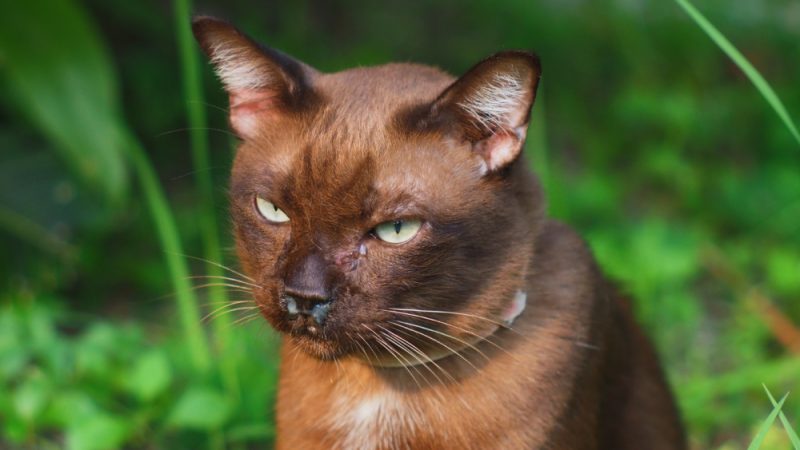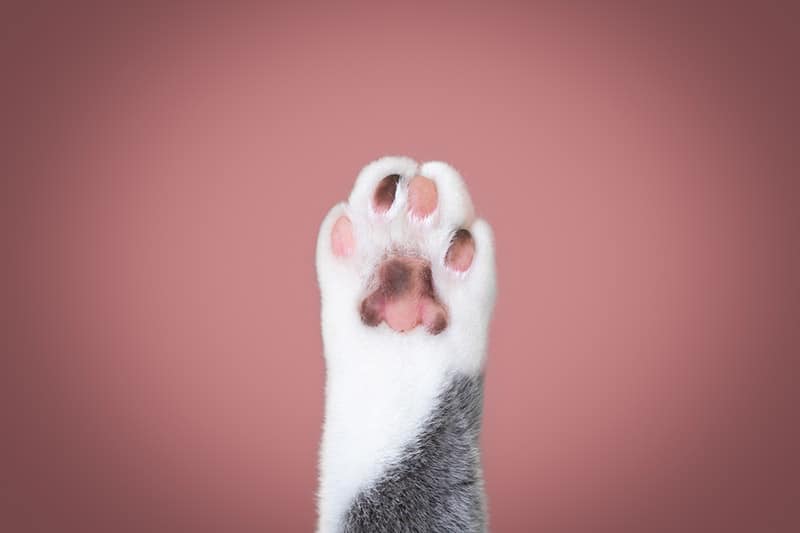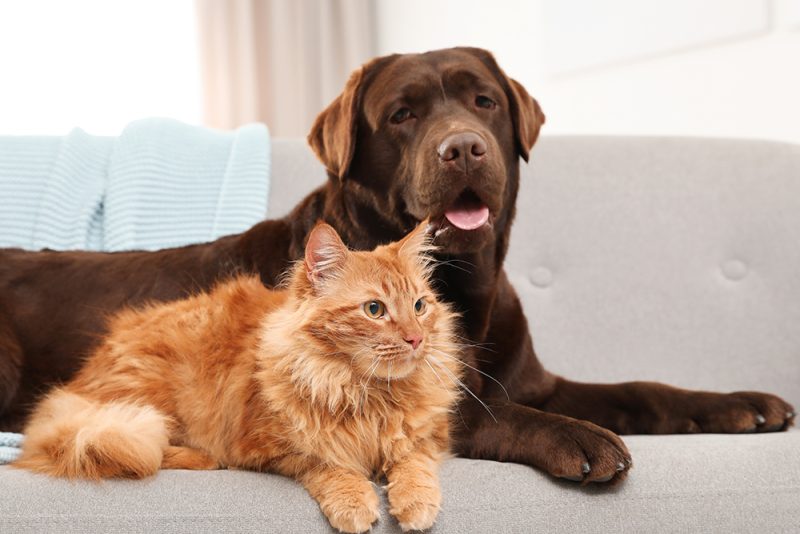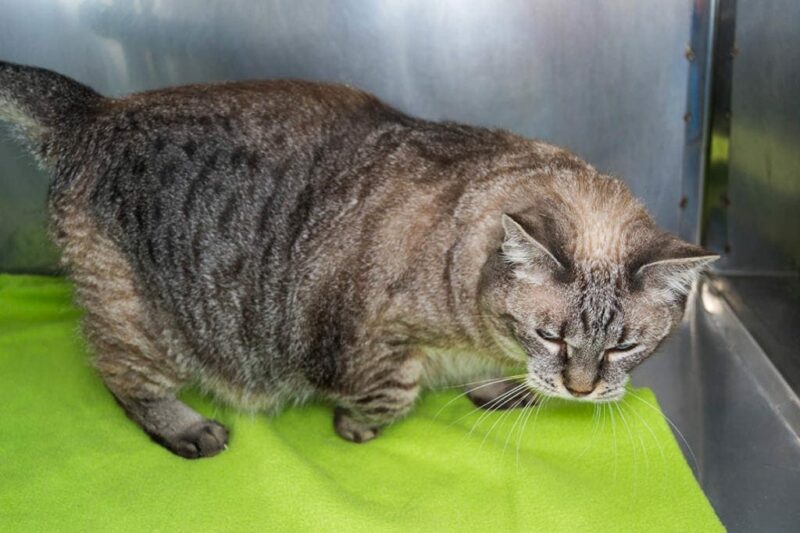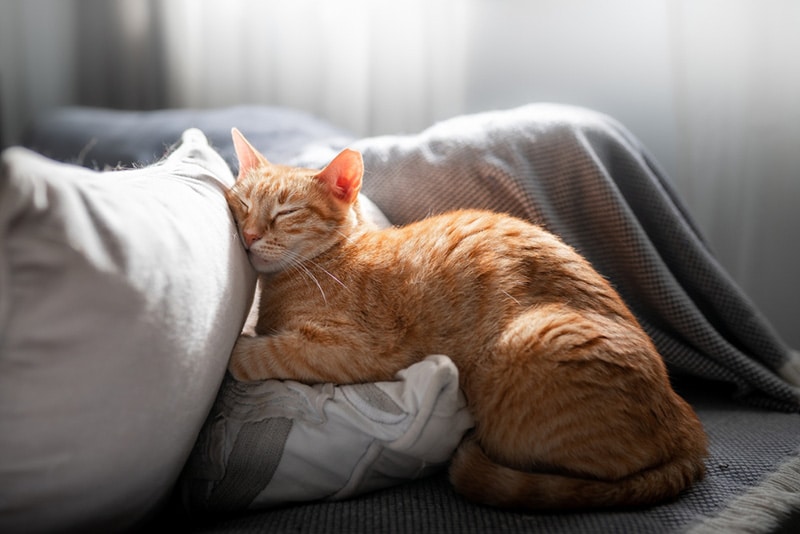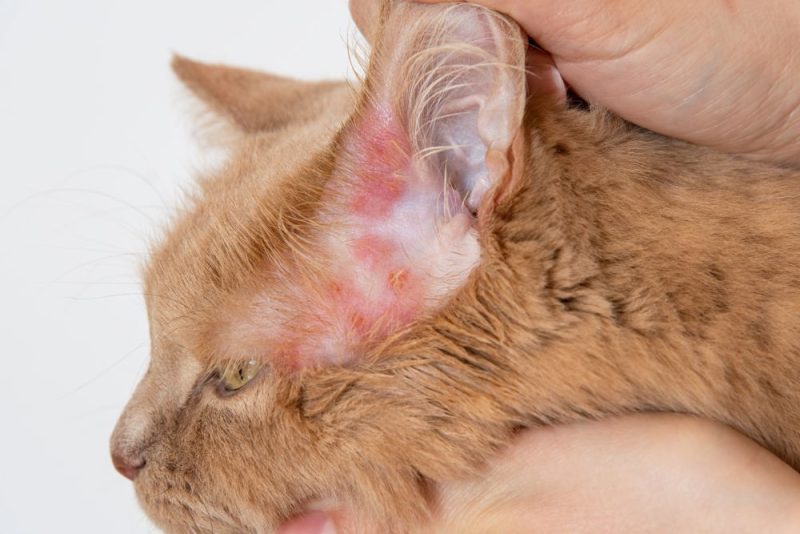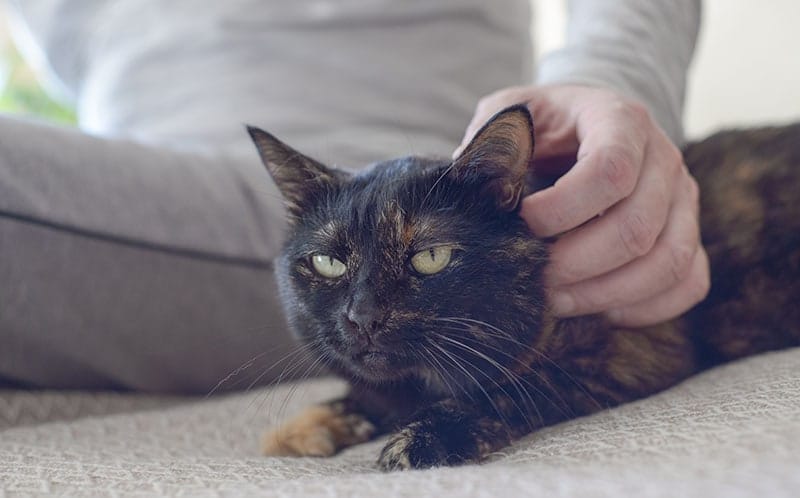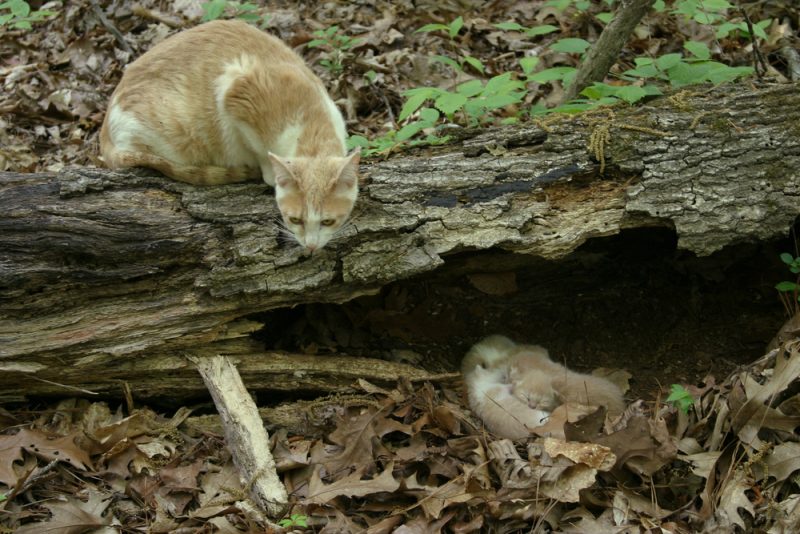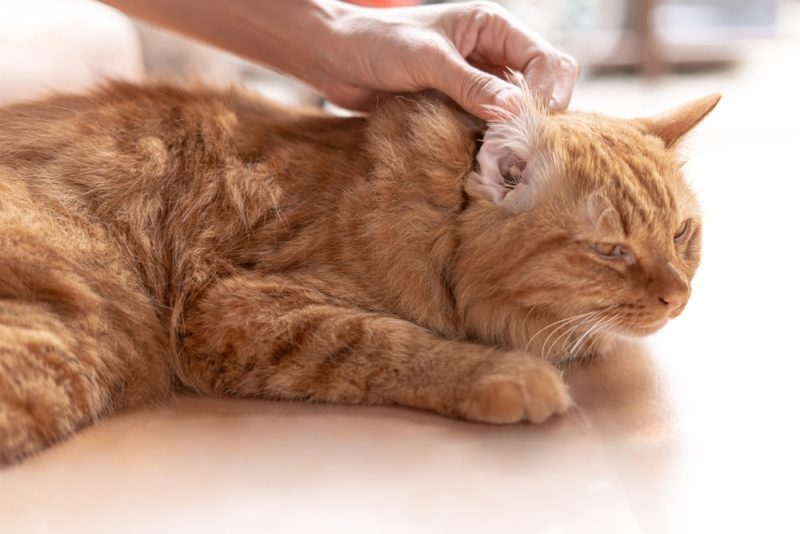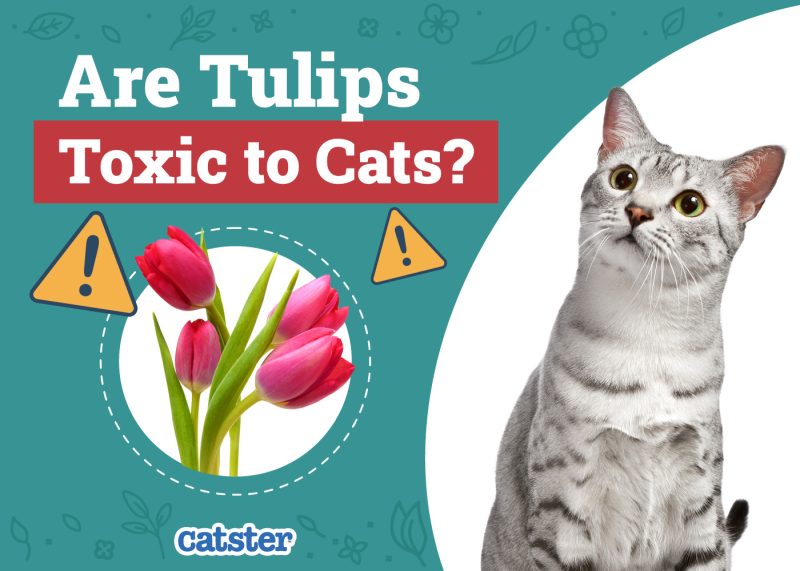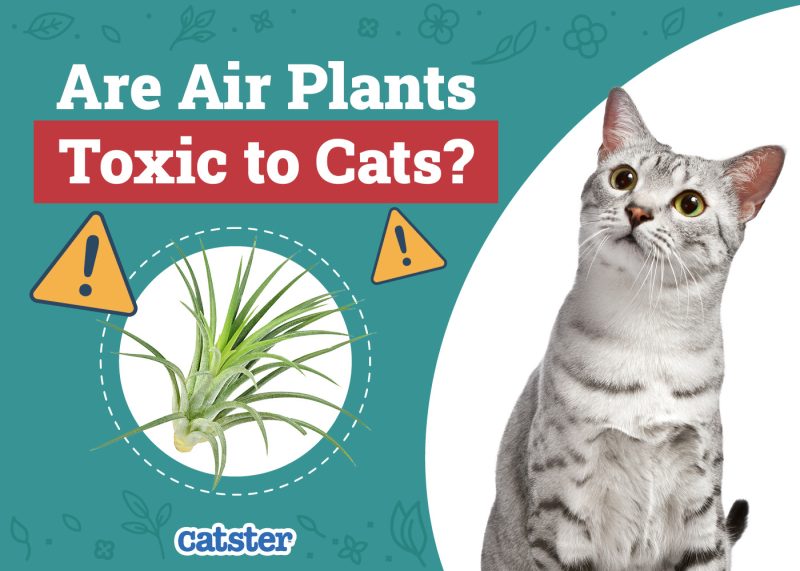Oh, no! Your cat’s nose is running. We never like to see our furry family members unwell, so let’s look at some of the possible causes of a runny nose and when it’s time to worry.

The 12 Causes of a Runny Nose in Cats
1. Respiratory Infections
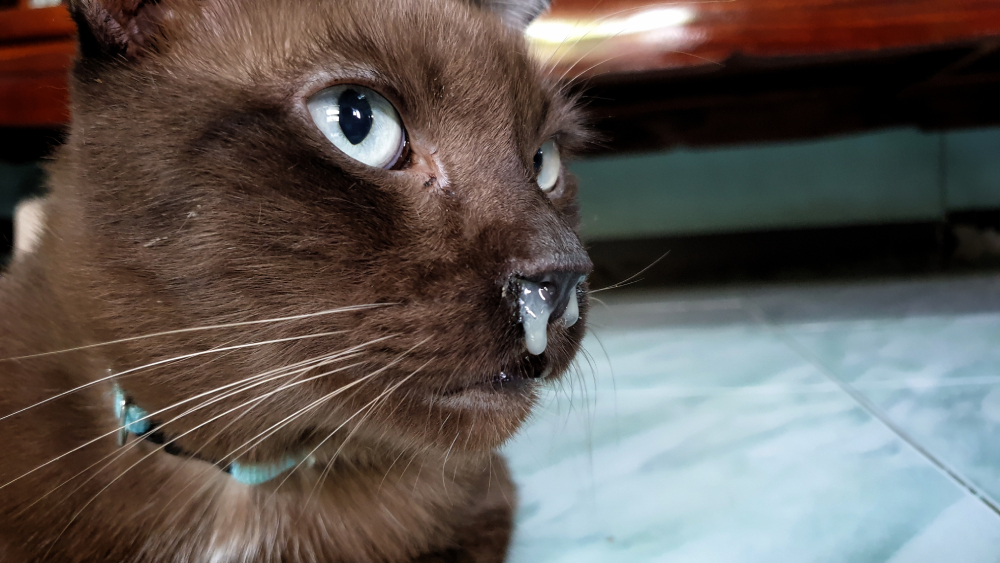
Respiratory infections come in three major categories: bacterial, viral, or fungal. Some cats will have an infection from more than one infectious agent, such as a cat with a viral infection getting a bacterial infection because their immune system is compromised.
2. Allergies
Allergies can affect our cats in several ways. Sometimes, they make our feline friends itchy, while other cats develop respiratory signs, such as sneezing and a runny nose.
3. Airway Irritants
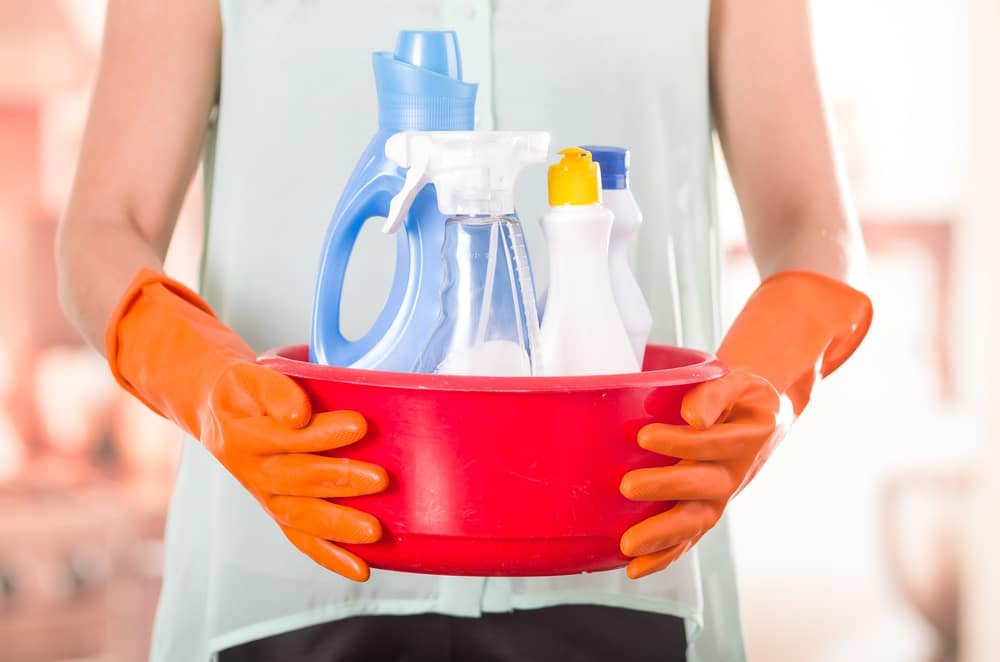
Like allergies, inhaled irritants can trigger sneezing, a runny nose, and even watery eyes.
- Cigarette smoke
- Perfumes
- Air fresheners
- Candles
- Dust
- Cleaning supplies
4. Dental Disease
Severe dental disease can cause fistulas to form between the oral cavity and the nasal cavity. Tooth root abscesses can also cause issues. In addition to pain when eating, these dental problems can cause nasal discharge.
5. Polyps
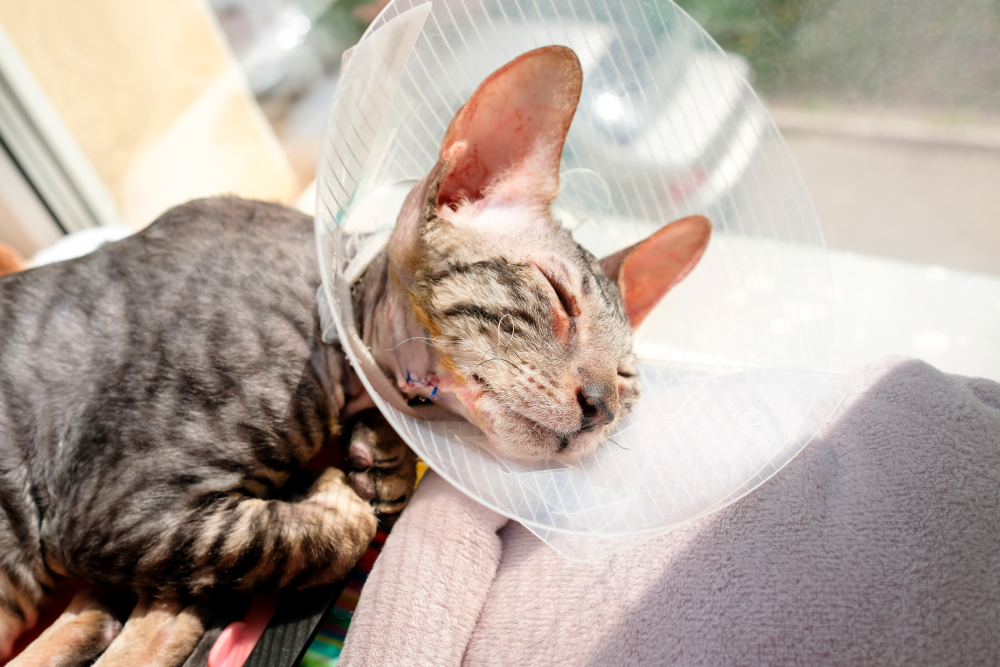
Some cats develop polyps, which are benign growths. They typically occur in the nasal passages but can also extend into the back of the pharynx and even the ear canal. They can cause respiratory signs like a runny nose and recurrent respiratory infections.
6. Tumors
Some cats will develop oral or nasal tumors. These masses can cause respiratory symptoms but may also lead to epistaxis or a bloody nose. These tumors also have the potential to cause facial deformities.
7. Foreign Bodies
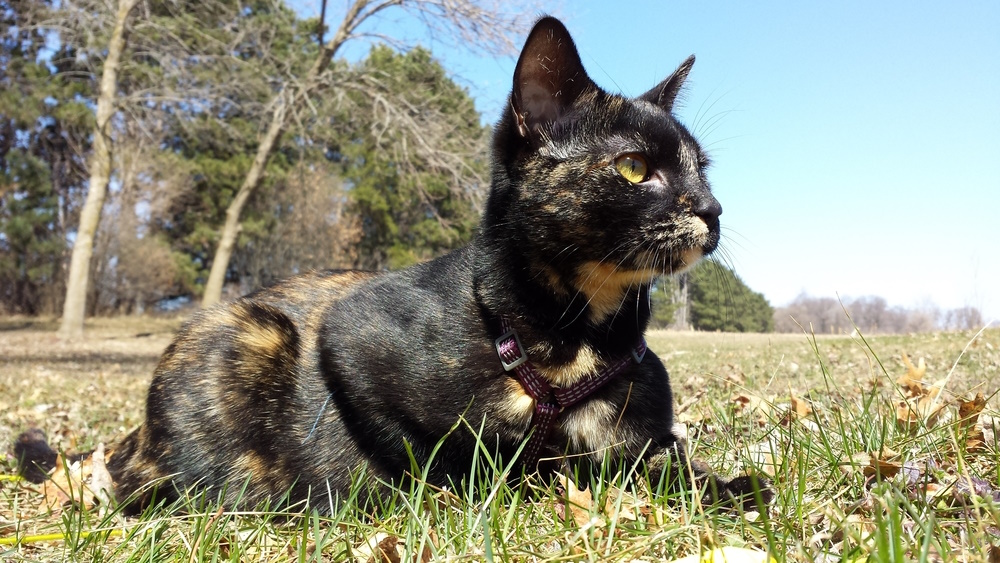
While foreign materials getting inhaled up your cat’s nose is likely less common than in dogs, it’s still possible, especially with an outdoor cat. Grass awns or foxtails are common culprits.
8. Parasites
Some parasites, such as Cuterebra, lay larvae on living animals, including in their nose.
9. Aspiration pneumonia
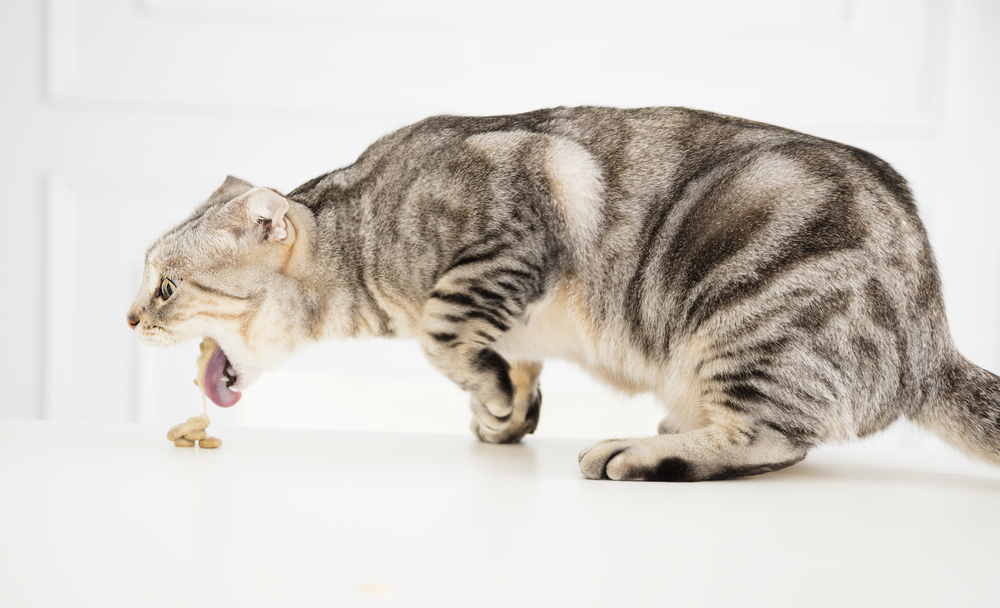
Has your kitty had vomiting or undergone anesthesia recently? If they’re having nasal discharge, they could have aspirated material into their lungs and now have pneumonia.
10. Hypertension
High blood pressure, or hypertension, can lead to a bloody nose. It can also cause other complications, such as blindness.
11. Trauma
Injuries to the face can lead to nasal drainage, particularly a bloody nose. These injuries can also traumatize other parts of the body, from corneal scratches to broken bones.
12. Clotting Disorders and Immune-Mediated Diseases
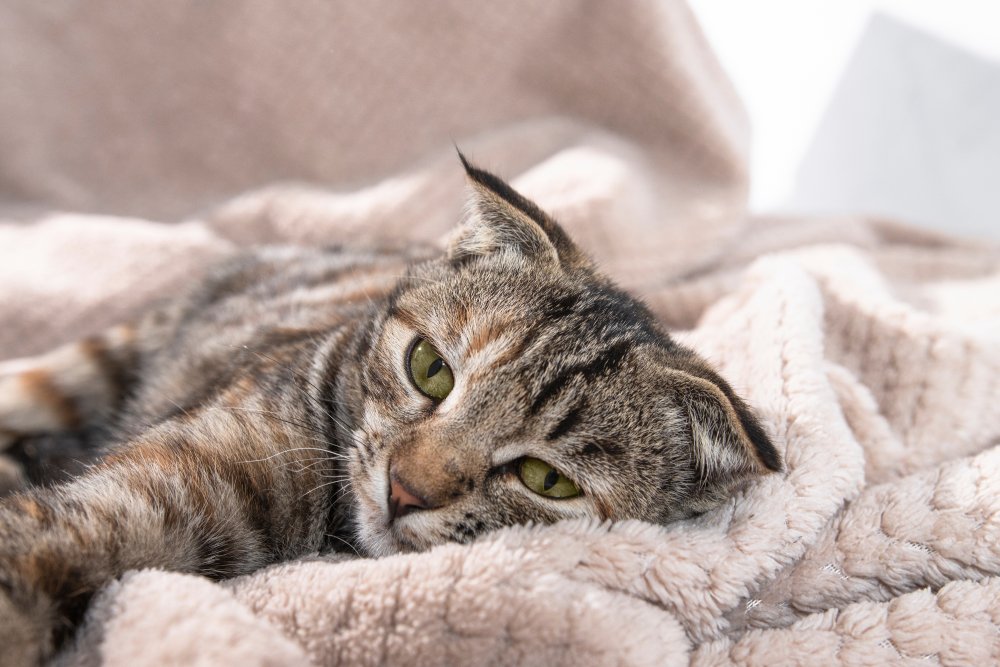
Some autoimmune conditions, such as immune-mediated thrombocytopenia (platelet destruction), can lead to bleeding. Rodenticide ingestion can also lead to clotting problems. Any of these conditions could contribute to epistaxis.

Other Signs Associated With a Runny Nose in Cats
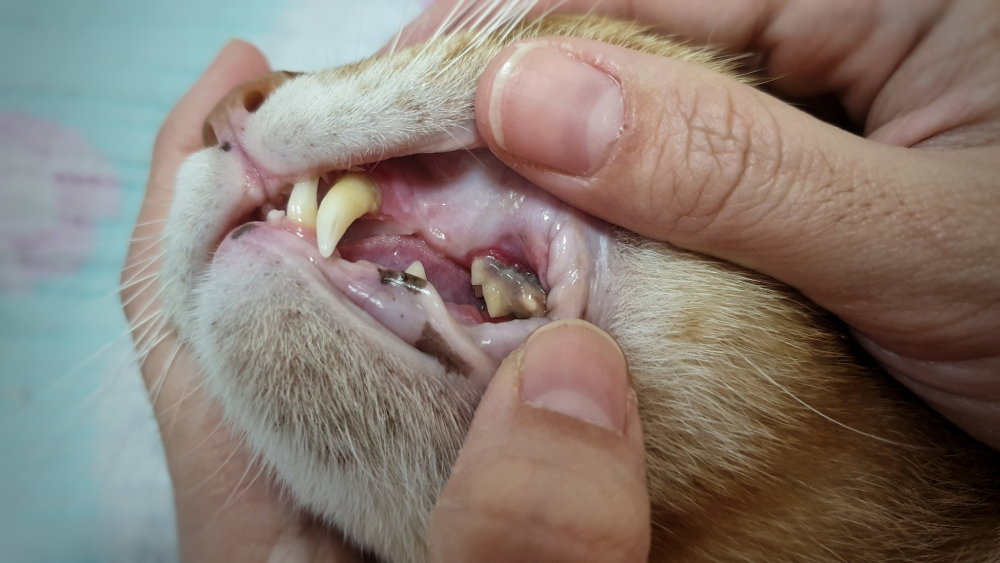
A runny nose is not a normal finding in most cats, and you’ll want to have your cat checked out, especially if they have other signs of illness. Many cats may have a little clear nasal and ocular discharge that goes away after exposure to allergens.
- Lethargy
- Inappetence
- Weakness or collapse
- Facial deformities
- Bloody discharge
- Pale gums
- Blindness
- Tachycardia (elevated heart rate)
- Tachypnea (elevated breathing rate)

Diagnosing the Cause of a Runny Nose in Your Cat
When you take your cat to the vet for an exam, your veterinarian will examine it, auscultating its chest and looking at its mouth. You might even see your vet shine a light up your cat’s nose. They’ll palpate around your cat’s sinuses to look for changes in facial structure and to see if anything is painful.
Your veterinarian may make a presumptive diagnosis based on your cat’s exam and history, but they will likely suggest diagnostic testing to assess your cat further.
Blood work
A complete blood cell count and serum chemistry help show metabolic changes and changes in red and white blood cells and platelets.
Radiographs (X-rays)
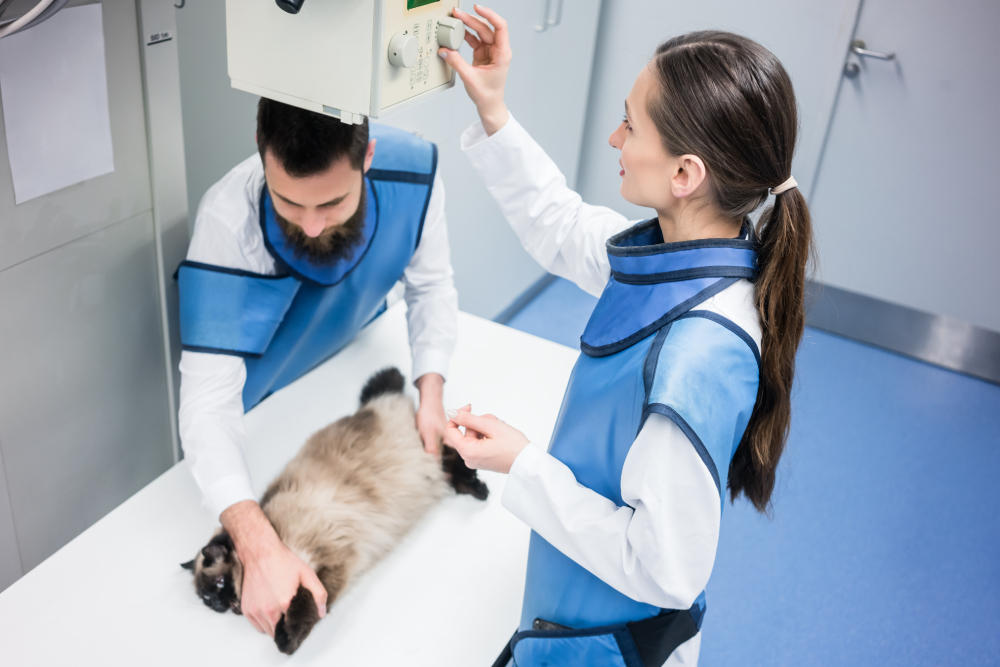
Your veterinarian may recommend chest X-rays to look for heart or lung changes. Facial images can help find evidence of fractures and even infection. If your veterinarian studies dental disease, dental X-rays under anesthesia are helpful to look for tooth root abscesses and other problems.
Advanced Imaging
Your veterinarian might refer you to a specialist for a CT or MRI to evaluate your cat’s head. Your cat might even need a rhinoscopy, which involves evaluating its nasal passages using a flexible scope with a camera.
Cultures or PCR
Your veterinarian might collect swabbed samples from your cat’s nose, eyes, or back of the throat and submit them to check for bacterial or viral organisms.

Treating Your Cat’s Runny Nose
You should have your vet evaluate your cat if they develop a runny nose that doesn’t go away after a couple of days or if they have other signs of illness. In the interim, you can try some conservative measures to keep your cat comfortable:
- Wipe their face with a clean, damp cloth.
- Do your best to eliminate allergens like room air fresheners.
- Use a humidifier or steam up a bathroom and have your cat sit quietly in the room for 10 minutes a couple of times a day.
Cleaning your cat's sensitive areas can be tricky, but high-quality wet wipes can make it much easier. Try a natural, hypoallergenic option like Hepper's Wash Wipes, made with moisturizing ingredients and specifically designed to gently clean your cat's skin and fur. These wipes are as convenient as they are effective!
You can consider some over-the-counter therapies, such as probiotics. Your cat’s gut is a significant part of their immune system. Lysine is sometimes recommended for viral infections in cats, although it may not be as effective as initially believed.
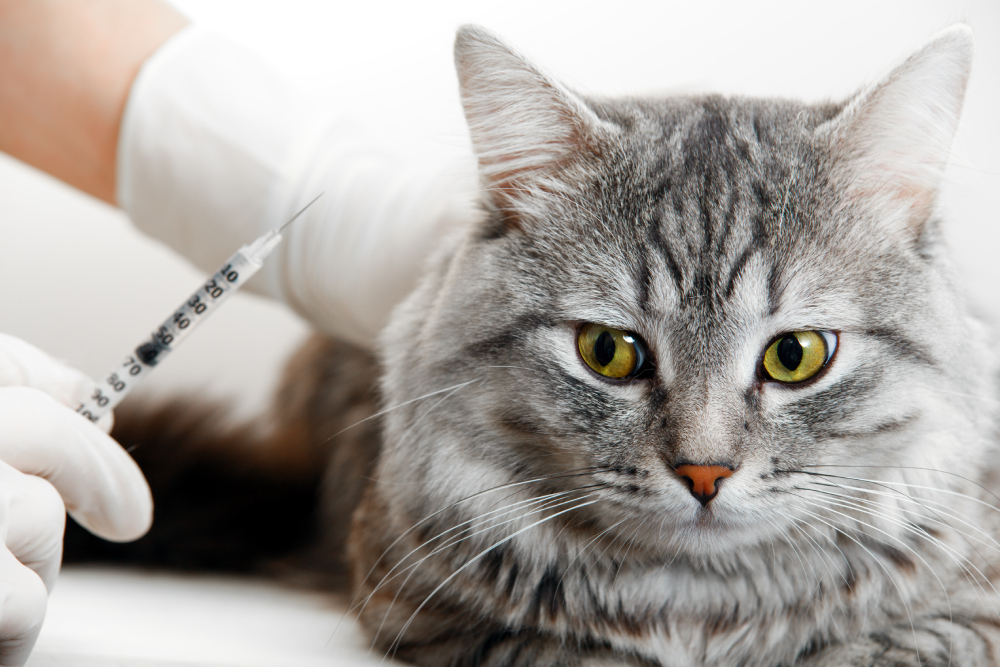
Your veterinarian’s treatment recommendations will depend on their exam and diagnostic findings.
- Antiviral medications
- Antibiotics
- Steroids
- Blood pressure medication
- Supplements including probiotics and lysine

Frequently Asked Questions
How long does a cat’s runny nose last?
A runny nose in your cat can last for a variable period. If your cat has a viral respiratory infection, such as feline herpesvirus, the signs are usually self-limiting and will go away on their own in roughly 7 to 10 days.
How do I get my cat to eat with a runny nose?
Cats may not want to eat if they can’t smell. Talk to your veterinarian about what options might help stimulate your cat to eat. Often, you can use pungent cat food. You could also try warming up chicken baby food. Sometimes, your vet will prescribe an appetite stimulant like Elura.

Conclusion
Dealing with a runny nose in your cat can be stressful because you want your cat to feel better. Your veterinarian will help you get to the root cause, but it may take time and supportive therapy.
Featured Image Credit: RJ22, Shutterstock

